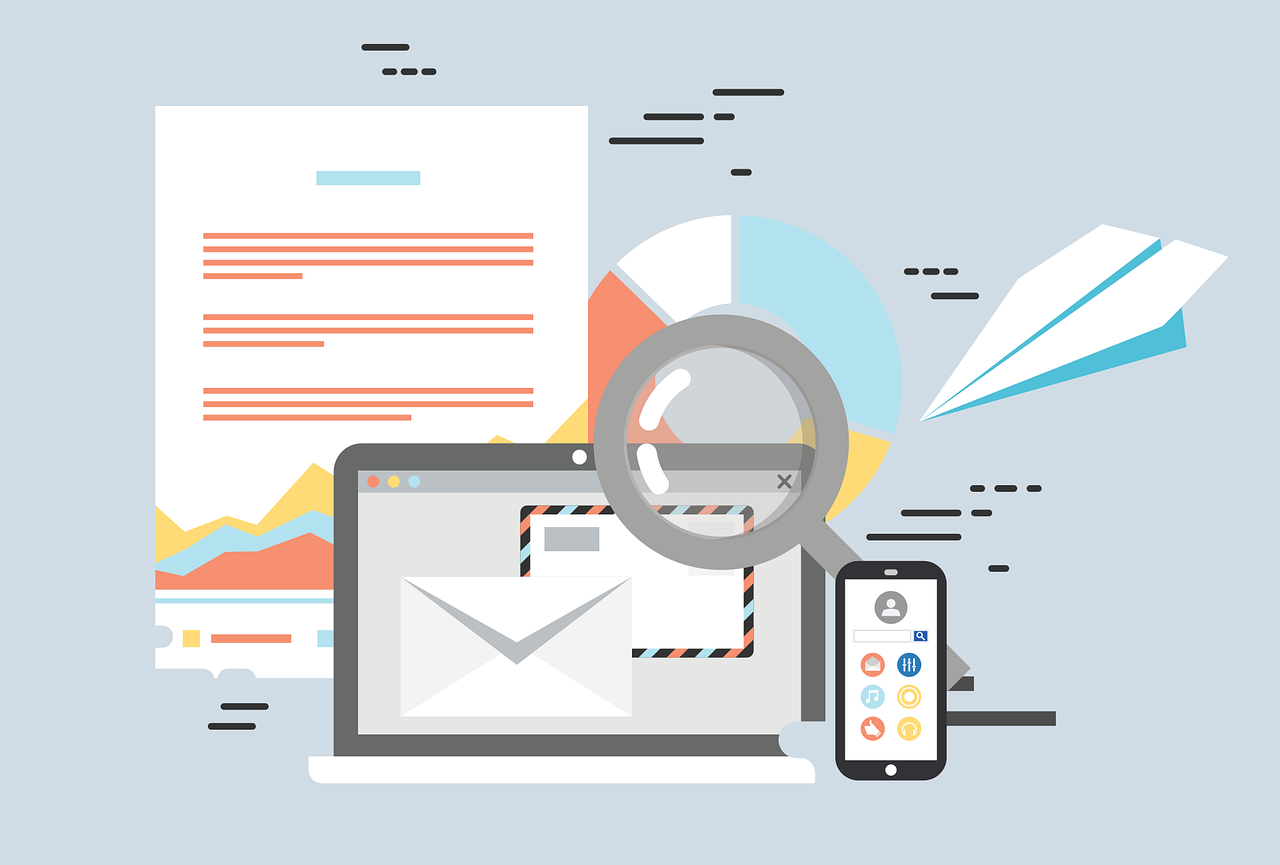© 2000-2025 - Enkey Magazine - All rights reserved
ENKEY SNC - VAT ID IT03202450924 / REA Code CA253701 - Phone. 078162719
The digital signature is the informatic version of the traditional signature that we write on paper. It has specific characteristics, let’s see what is and why it’s useful.
The usage of the digital signature
The usage of this signature allows to substantially reduce the relationship between the Public Administration and the citizens. It’s very useful even for the companies that thanks to it drastically reduce the paper management of the documents.
With it it’s possible to digitally subscribe every electronic document, like invoices, communications to the Public Administration, contracts, etc.

To obtain it there are two ways: going straight to the chambers of commerce or to the intermediares that have a warrante from the chamber of commerce. The important is that together with it they release even the digitial certification of signature and the CNS, which is especially for who needs to use the digital signature to sign legal documents.
Once obtained the signature, we have to present it with a smart card device or an USB drive, inside which there is put the digital certification of subscription. With these instruments the owner can digitally sign his own documents in any moment.
CNS – National Card of Services
The CNS, or National Card of Services, is released with a support smart/SIM card together with the certification of signature. Usually it’s included with the purchase of the Kit of digital signature ans it’s the instrument that allows the identification of the user for the access to the services online of the Public Administration, like for example the Tax Agency.
The CNS is very useful not only for the citizens, but even for the companies and for some categories of professionals that use it for the authentication of the points of access or for the exchange of informations with the Public Administrations.
How does the digital signature work
We understood that this kind of signature mainly has two functions: the one to protect the integrity and the one to authenticate the document, by protecting even the identity of the owner of the signature.
It can do its duty through a system of asymmetric keys in pairs, one is public and one is private and they are connected between each other. The first one is available for everyone and it’s used to authenticate the message/document subscribed by the author.
The private key is exclusivelly connected to the author of the signature, that has an exclusive control of the message/document that he’s writing.
This combined system has a legal value for what is written and it makes it indelible and not changable. Not only. It allows even to simplify and to speed up the flows that need the vaildation of the documents through the usage of digital instruments.
Digital signature and PEC
You might wonder if there is any difference with the PEC, which is the official email with which you can subscribe direct messages with the Public Administration, with the accountant, etc.

The PEC is a special kind of email that allows to send or receive text messages and links with the same value of a registered letter with return receipt. This instrument allows the ownership of the mail or the messages, but not the authenticity of the identity of who writes. For this we need the digital signature.
This post is also available in:
 Italiano
Italiano


